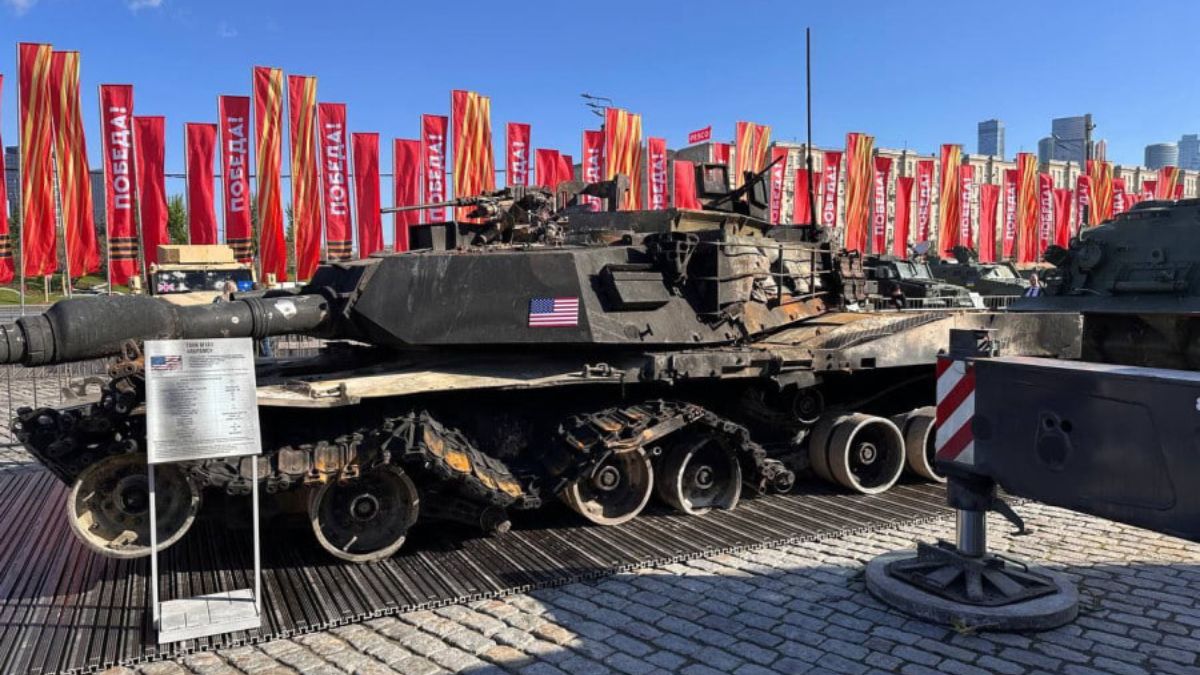Russia’s top defence conglomerate, Rostec, has stated that no groundbreaking technological advancements were discovered in the NATO military equipment captured during the ongoing conflict with Ukraine. Vladimir Artyakov, First Deputy General Director of Rostec, made this assertion during the opening of the Army-2024 international military-technical forum in the Moscow region.
“We honestly didn’t see any ‘know-how,’” Artyakov remarked, emphasizing that Russia and the West are on par in terms of the maturity of their military technologies. However, he noted a distinct difference in design philosophies, with Western nations prioritizing the “price-quality-efficiency” ratio, often leading to a higher cost for the final product.
The statement comes in the wake of Russia capturing several pieces of NATO equipment on the battlefield, including U.S.-made Abrams tanks, Bradley Infantry Fighting Vehicles (IFVs), German-made Leopard tanks, and MaxxPro IFVs. These acquisitions have allowed Russian defense experts to scrutinize Western military technology closely.
Artyakov highlighted that while Western military hardware is often more expensive, it does not necessarily outperform its Russian counterparts. “The approaches to design differ, and that’s what was interesting to us,” he said, suggesting that Russian engineers could glean valuable insights from Western design strategies, despite the lack of groundbreaking technology.
The Army-2024 forum, where Artyakov made these comments, serves as a platform for showcasing the latest advancements in military technology from Russia and around the world. The forum’s discussions and exhibits provide a critical window into the ongoing competition between global military powers.
Artyakov’s remarks underscore the ongoing narrative from Moscow that Russian military technology remains competitive with, if not superior to, that of the West, despite the advanced equipment fielded by NATO forces in Ukraine. The absence of “know-how” in captured Western gear, as per Rostec’s analysis, bolsters Russia’s confidence in its own military-industrial complex.
The conflict in Ukraine continues to be a testing ground for military technology, with both sides closely analyzing each other’s capabilities in a high-stakes environment. As the situation evolves, the insights gained from captured equipment could influence future military developments and strategies.

